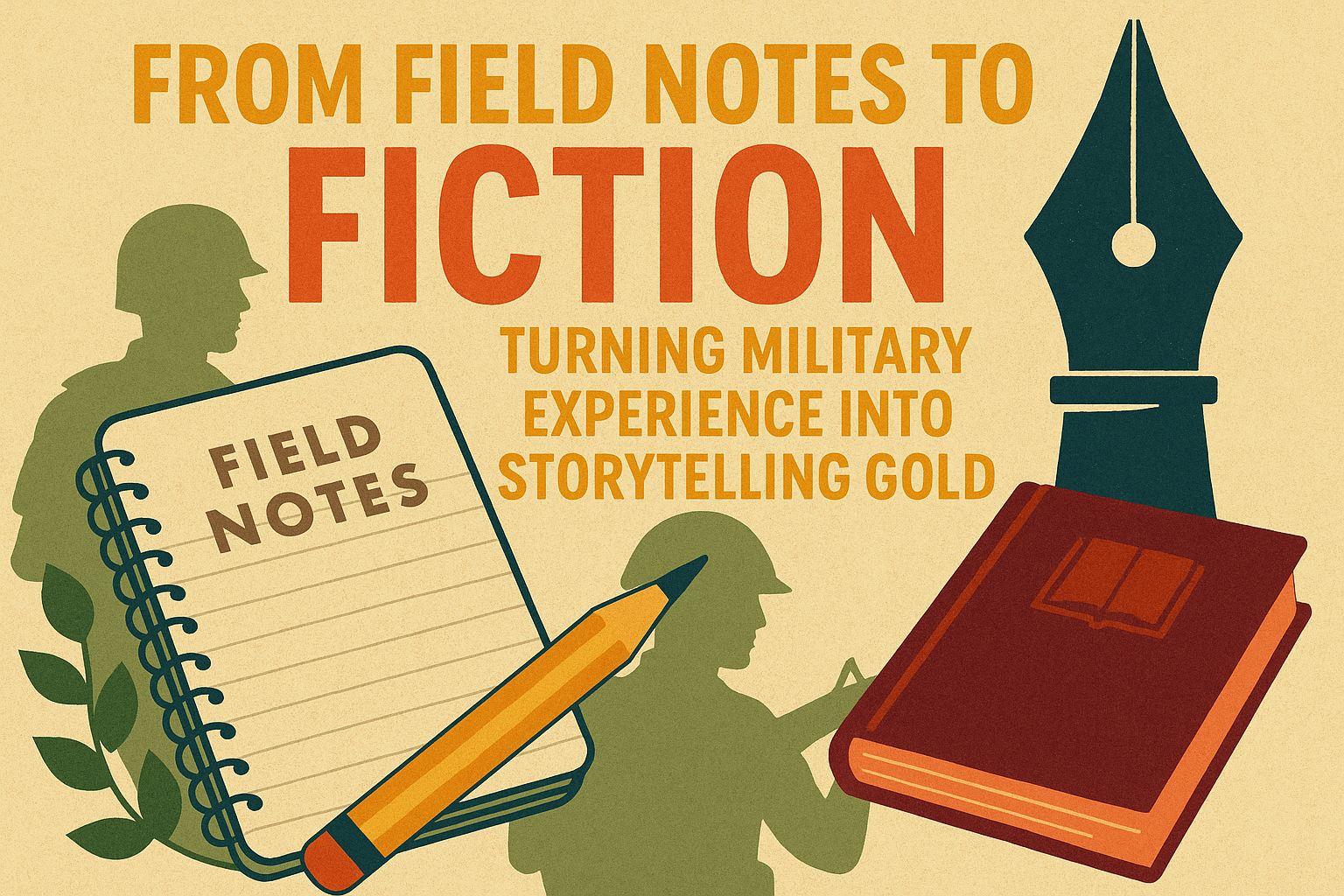The exclamation point is like hot sauce — a little adds zest, but pour it on everything and you’ll overwhelm the dish. In writing, this tiny stick-and-dot carries weight: excitement, surprise, urgency, even delight. But overusing it can turn every sentence into a shout, making your prose feel frantic, childish, or insincere.
Why We Overuse Them
In our texting and emailing world, exclamation points have become the go-to signal for friendliness. A quick “Thanks!” feels warmer than a flat “Thanks.” Social media has only fueled this habit — with every short post fighting to convey tone without the benefit of voice or facial expression, punctuation has picked up the slack.
The problem? What works in a casual message doesn’t always translate well to professional or creative writing. Readers expect fiction and nonfiction to engage them through word choice, pacing, and imagery — not constant punctuation fireworks.
The Dulling Effect
An exclamation point is meant to elevate a sentence. But when you use too many, they lose impact. It’s like having someone yell in your ear for an entire conversation — eventually, the volume fades into background noise, and nothing feels exciting anymore.
Consider:
Overuse: She grabbed the letter! She tore it open! She gasped! She ran to the door!
Balanced: She grabbed the letter. Tearing it open, she gasped — then ran to the door.
The second version allows natural variation in tone and rhythm, making the moment more gripping.
Trust Your Words
Strong verbs and concrete details do the heavy lifting that exclamation points often try to do alone. Instead of “He shouted angrily!” you could write “His voice cracked as he slammed the table.” The image does more than the punctuation ever could.
When to Use Them
Reserve exclamation points for:
Moments of genuine surprise or alarm
Sudden bursts of enthusiasm
Punchlines or lighthearted exchanges in dialogue
Even then, one exclamation point is enough. Resist the urge to double or triple them — it rarely adds anything except a sense of amateurism. You’ll also lose scoring points with MWSA reviewers.
A Quick Test
After you finish a draft, do a search for “!” and ask yourself:
Does this moment truly need a burst of heightened emotion?
Could the feeling be conveyed more powerfully with stronger words instead?
If the answer is “no” or “yes, it could,” cut the mark.
Bottom line: The exclamation point is a spice, not a staple. Use it sparingly, and your writing will sound more confident — and when you do unleash it, your readers will feel it.





